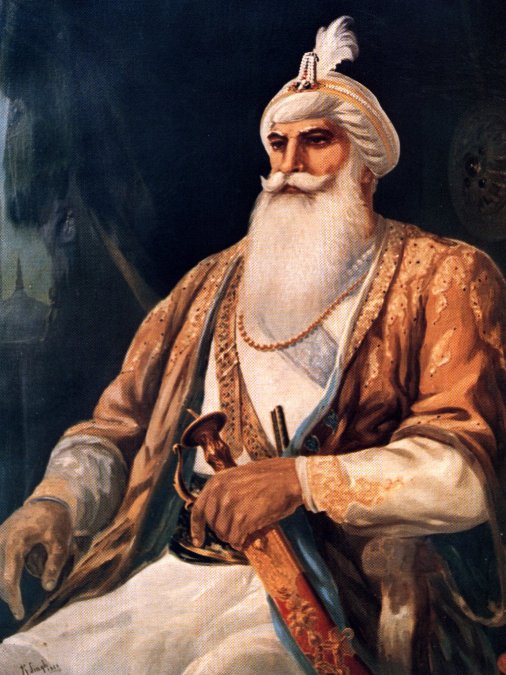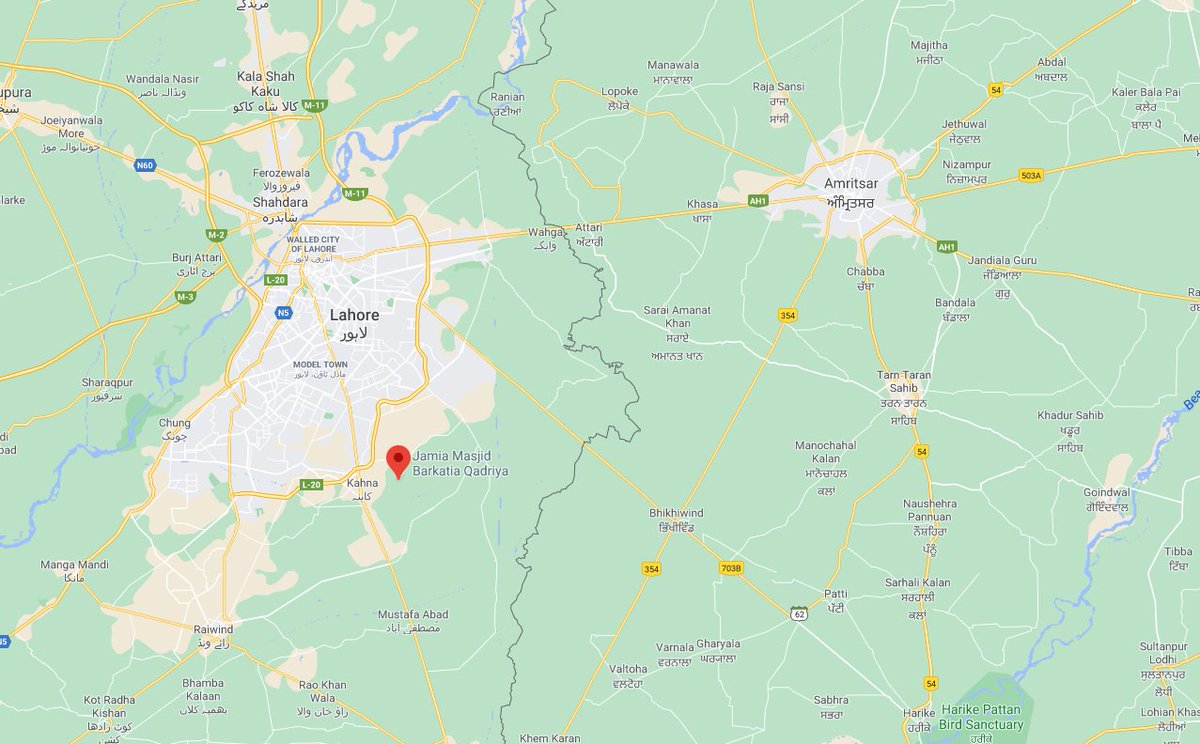The crisis in the NHS is overwhelming this week. It has reminded me of conversations I had with my late father on how to manage within the state sector. I think they're worth sharing.
More from Richard Murphy
There is a growing and numbing realisation of just how bad Sunak's budget really was. Worse, he’s even now saying that there is nothing he can do about poverty. This is a long thread to explain why he’s failing and what we can do about it if we want to change our politics.
For those who don’t want to read a long Twitter thread there is a blog version here. https://t.co/AuTdAr1f1n if you want a summary of the whole thread it’s this: the neoliberal thinking that all our main political parties subscribe to is now bankrupt. We need something new now.
Sunak faced a challenge this week. A winning Chancellor has to decide how to secure the support their party needs to win elections. In that case there will always be winners and losers in a budget. So Sunak had to make decisions.
However, it’s fair to say that decisions are always constrained. No budget has, I suspect, ever delivered precisely the policies any Chancellor has really wanted. That’s because all politicians are fantasists and reality has to be addressed as well in any budget.
The overwhelming realities that Sunak needed to address yesterday were really not hard to spot. First, there was the real economic chaos created by shortages in the economy. These are the result of Covid, Brexit and now war, but which heavily pre-dated the last.
For those who don’t want to read a long Twitter thread there is a blog version here. https://t.co/AuTdAr1f1n if you want a summary of the whole thread it’s this: the neoliberal thinking that all our main political parties subscribe to is now bankrupt. We need something new now.
Sunak faced a challenge this week. A winning Chancellor has to decide how to secure the support their party needs to win elections. In that case there will always be winners and losers in a budget. So Sunak had to make decisions.
However, it’s fair to say that decisions are always constrained. No budget has, I suspect, ever delivered precisely the policies any Chancellor has really wanted. That’s because all politicians are fantasists and reality has to be addressed as well in any budget.
The overwhelming realities that Sunak needed to address yesterday were really not hard to spot. First, there was the real economic chaos created by shortages in the economy. These are the result of Covid, Brexit and now war, but which heavily pre-dated the last.
More from Government
1 of 19) A number of tweets were posted by @LLinWood beginning late last night and into the morning. There are a total of 19. This thread has compiled all.
{“Shots fired across the bow”}
{Warning to traitors}
{Light will reveal the evil plans}
{You were warned traitors}
{“Shots fired across the bow”}
{Warning to traitors}
{Light will reveal the evil plans}
{You were warned traitors}
As background to tweets I am about to post, you should read this article carefully. I ask that you read each of my tweets carefully & decide if the information conveyed demands that Patriots rise up so that every lie will be revealed.@realDonaldTrumphttps://t.co/9KIX4DEtha
— Lin Wood (@LLinWood) January 4, 2021























